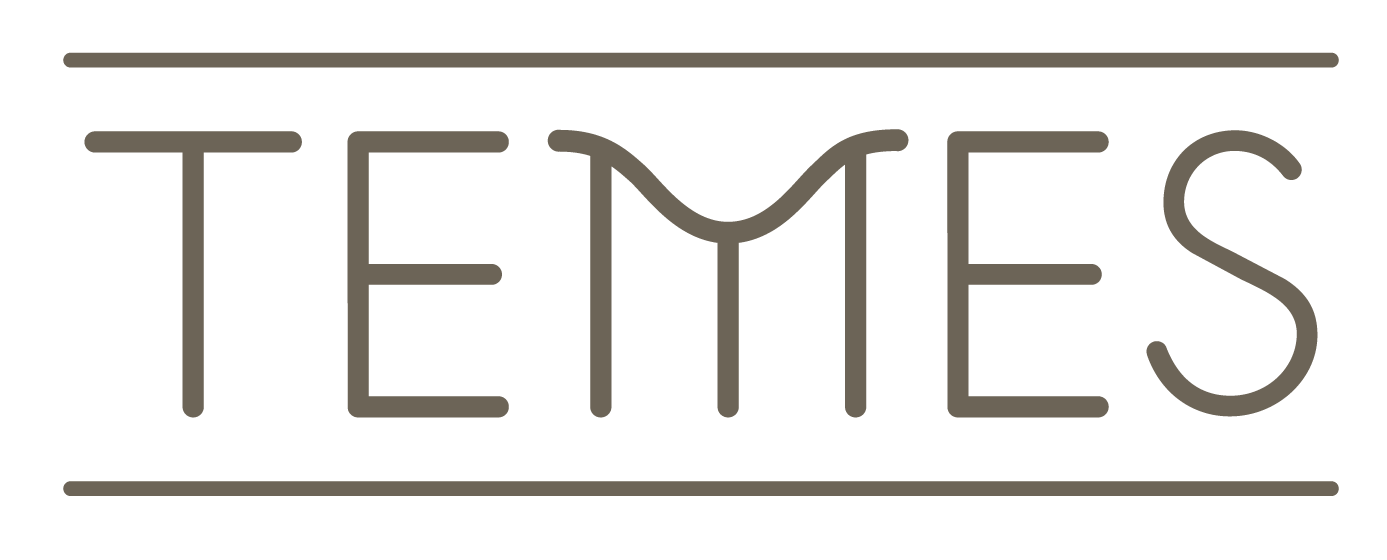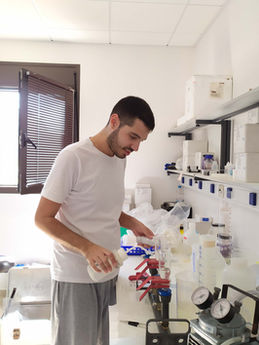



Navarino Environmental Observatory (NEO) is a Mediterranean hub for research and education where science, business, society and policy makers join in an international cooperation to create a more sustainable future under a changing climate.
NEO is a partnership between the academic community and the private sector and it was founded in 2009, by Stockholm University, the Atmospheric Environment Division of the Biomedical Research Foundation of the Academy of Athens, and Tourism Enterprises in Messinia.
NEO Station is located at Costa Navarino, Messina, Greece, and is open to researchers and students from Stockholm University and collaborating institutions, universities from Greece and abroad, and interested societal stakeholders. Together, they learn and discuss challenges, and propose solutions for sustainable development.
Our future vision
It takes time and energy to build trust and understanding among the different actors, but NEO achievements so far have proven that we need to learn from each other and work together to co-achieve our goals!
For the next years, NEO will continue to:

-
Study environmental & climate changes, their impacts and interconnection with human societies and ecosystems
-
Identify water, land, and food security issues in the Mediterranean region in relation to socioeconomic development
-
Develop solutions and business-policy roadmaps under ongoing climate and anthropogenic changes in the Mediterranean region
-
Connect scientists, businesses and policy makers at different levels to discuss challenges of environmental management and sustainable development
Research
NEO is running a wide range of research topics which support several of the sustainable development goals of the United Nations Agenda 2030, as well as of the Paris Agreement. In the follow schema you can see all of the research topics and click on them for further information.
For our Research Projects
Environmental observations
NEO's researchers have installed a monitoring network in order to collect missing data and study the hydroclimate and atmospheric parameters of the region.
To better understand the processes (natural and anthropogenic) affecting the Gialova's lagoon wetland, apart from field observations (e.g. birds, reptiles), NEO has established a network of sensors for monitoring basic water physical-chemical parameters (see map below). The network, consisting of a meteorological station and several water monitoring stations, was first installed in 2016 (NEONEA_20), and it was updated in 2021. The parameters we are measuring are:
Hydroclimate parameters
-
Electrical conductivity
-
Temperature
-
Water Depth
-
ReDox potential, pH
-
Dissolved oxygen
Meteorology
-
Precipitation
-
Temperature
-
Soil radiation
-
Wind speed & direction
An atmospheric monitoring station operates at NEO (Methoni, Greece) since 2011, to track climate change signals and air pollution. It is an important part of a European monitoring network and fills the gap of missing data from from the Mediterranean region. Physical, optical and chemical properties of aerosols and local-to-regional scale pollution and atmospheric composition are monitored and analyzed in relation to observations on a wider scale of the Mediterranean region.
Measurements and analyses of socio-ecological parameters in the nearby coastal lagoon (Gialova lagoon) and adjacent streams, rivers and cultivated land, were initiated in 2016 aiming to provide viable alternatives for long-term biodiversity conservation, eco-tourism, and sustainable agricultural development. The process takes into account resilience to future climate changes and minimization of the impact of tourism and agricultural activities on the Natura 2000 sites, exploiting the expertise and experience of local stakeholders.

Education
NEO facilities are open to teachers and students from Stockholm University, Swedish schools and collaborating institutions, as well as to other Universities and schools from Greece and abroad.
Starting from the basic level all the way up to the PhD level, subjects studied include geology, geomorphology, water resources, climate change and resilience, earth sciences, geography and interdisciplinary environmental management and sustainability among others.
The courses are organized by several universities from Sweden, Greece and other European countries, and attract many high esteemed scientists, lecturers and trainers. Many courses are being taught at NEO station annually.
Outreach
Workshops and popular events, such as café-NEO, are organized to promote research and to bring together academics, corporates and policy-makers to discuss important issues of local, regional and global interest.
NEO target groups and stakeholders
Other stakeholders include co-workers, potential co-workers, students, potential students, alumni, interest organizations and media
NEO






































